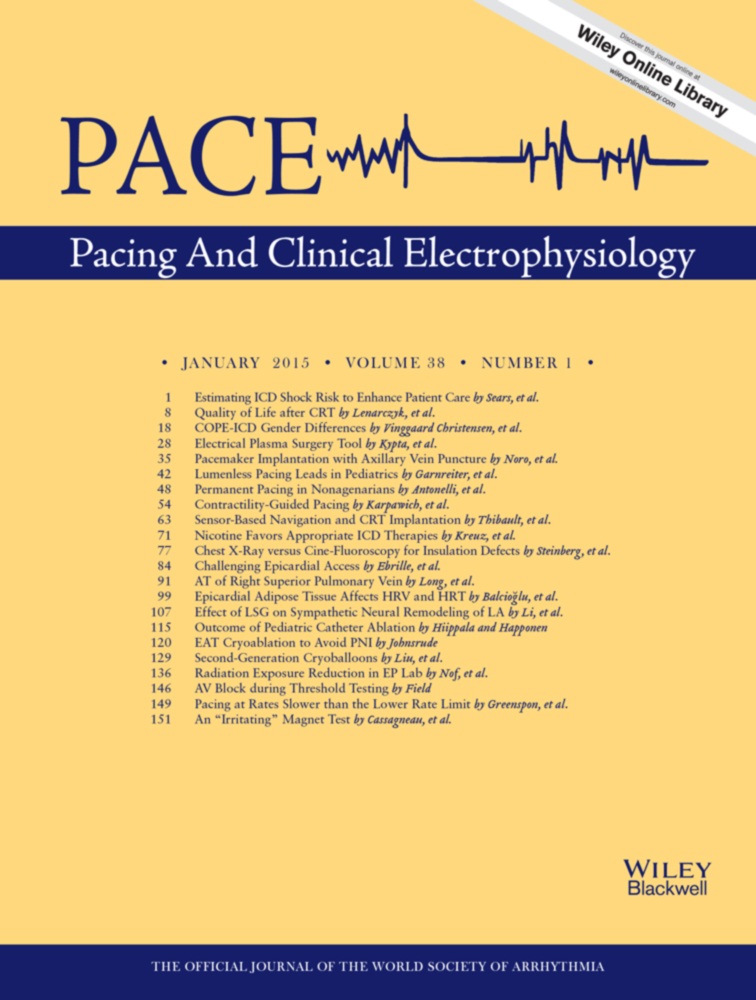Effect of Cardiac Rehabilitation in Patients with ICD: Are Gender Differences Present? Results from the COPE-ICD Trial
Funding: This work was supported by the Novo Nordisk Foundation; the Oticon Foundation; the Danish Heart Foundation; the AP Møller and Chastine Mc-Kinney Møller Foundation; Helsefonden; the Tryg Foundation; the Krista and Viggo Petersen Foundation; the Danish Cardiovascular Research School (DaCRA); King Christian X Foundation, and Rigshospitalet, Copenhagen University Hospital.
Conflicts of Interest: None declared.
Abstract
Background
The COPE-ICD (Copenhagen Outpatient ProgrammE-implantable cardioverter defibrillator) trial studied comprehensive cardiac rehabilitation for patients with ICDs. The purpose of this paper was to explore: (1) gender differences in self-rated health and quality of life (QoL) at hospital discharge after ICD implantation, (2) gender differences in effect of cardiac rehabilitation, and (3) predictors of effect of cardiac rehabilitation.
Methods
Patients with first-time ICD implantation were randomized to comprehensive cardiac rehabilitation versus usual care. Gender differences in self-rated health and QoL and effect of rehabilitation were tested using t-tests. Predictors of effect of rehabilitation were tested using logistic regression.
Results
A total of 196 patients (mean age 58 ± 13 years; 155 men, 41 women) were included. At hospital discharge, significant differences were found in physical component scale, mental component scale, social functioning, physical functioning, bodily pain, vitality, mental health, and QoL with men having higher scores. Among men only, significant differences were found in VO2 (rehabilitation: 20.9 mL/min/kg [standard deviation (SD) 8.1] vs 23.4 mL/min/kg [SD 9.5] and usual care: 22.1 mL/min/kg [SD 8.1] vs 21.8 mL/min/kg [SD 8.3], P = 0.01), total exercise time (rehabilitation: 587.0 seconds [SD 249.6] vs 650.7 seconds [SD 279.8] and usual care: 613.8 seconds [SD 264.7] vs 606.1 seconds [SD 277.3], P = 0.01), and the mental component scale (rehabilitation: 47.7 points [SD 10.1] vs 54.8 points [7.1] and usual care: 48.1 points [SD 10.9] vs 51.9 points [SD 9.6], P = 0.05).
Conclusions
After ICD implantation, significant gender differences were found in physical health, mental health, and QoL. Effects of rehabilitation were found among men only and gender predicted effect of rehabilitation on the mental component scale.




